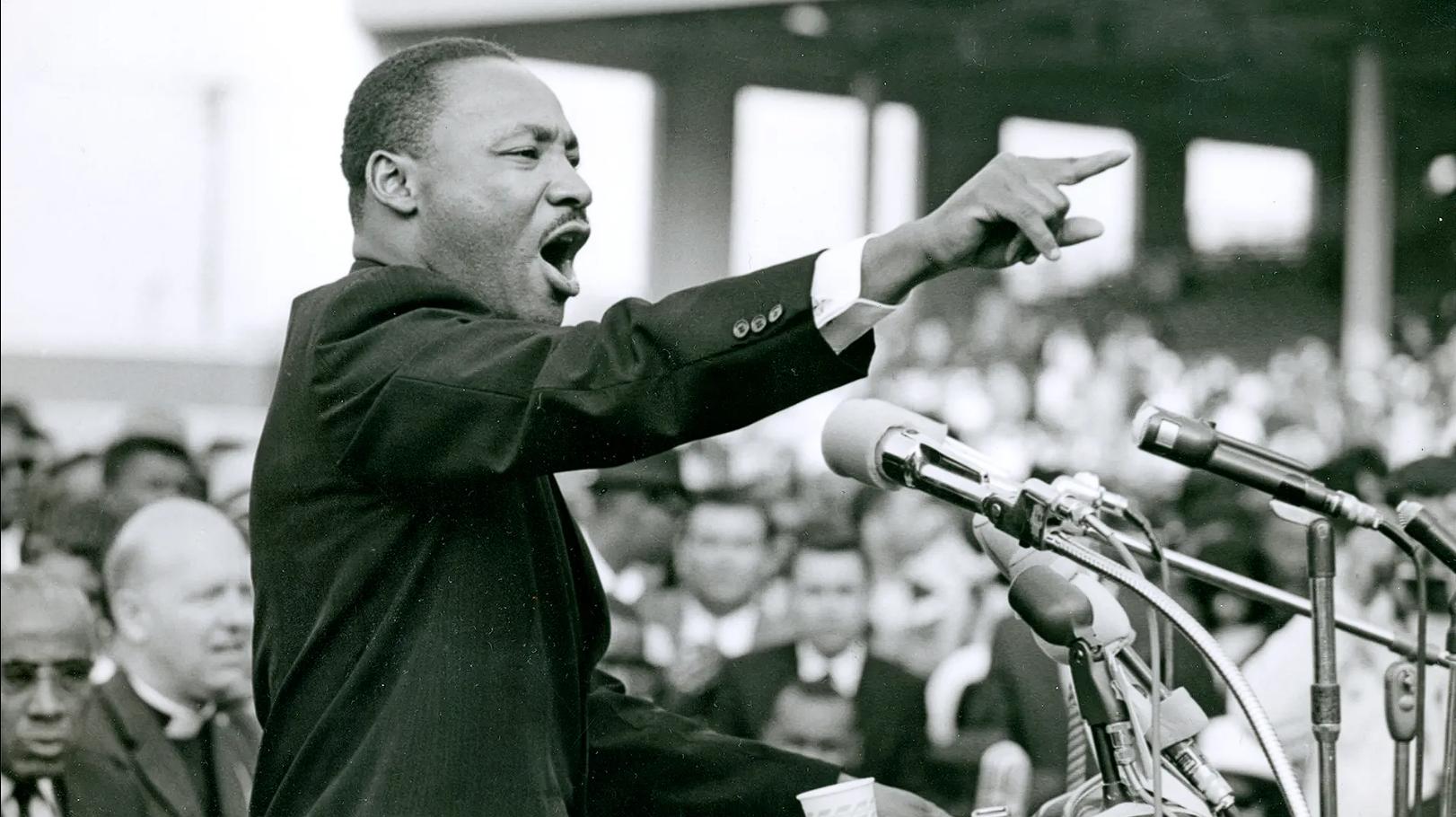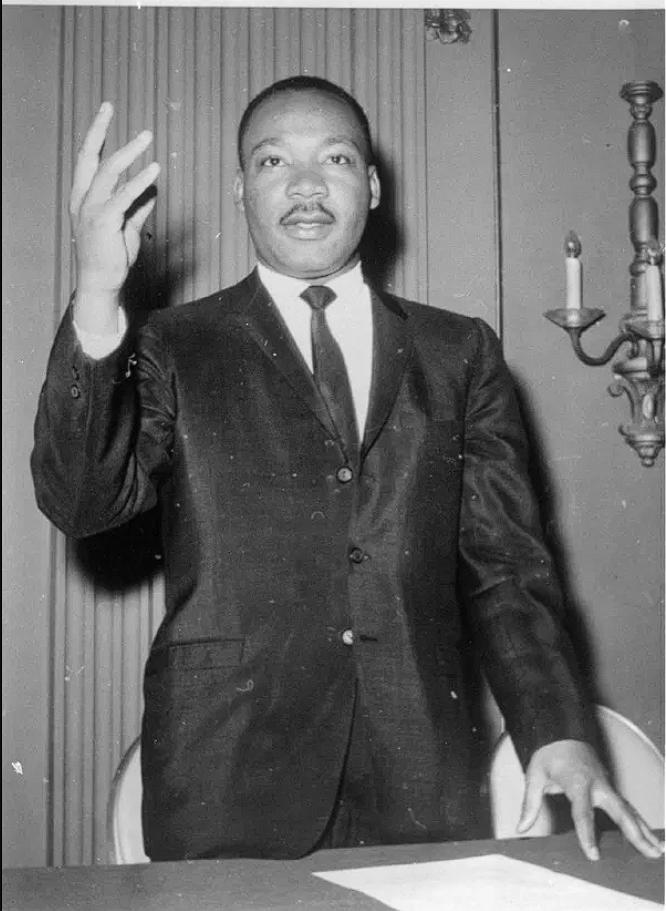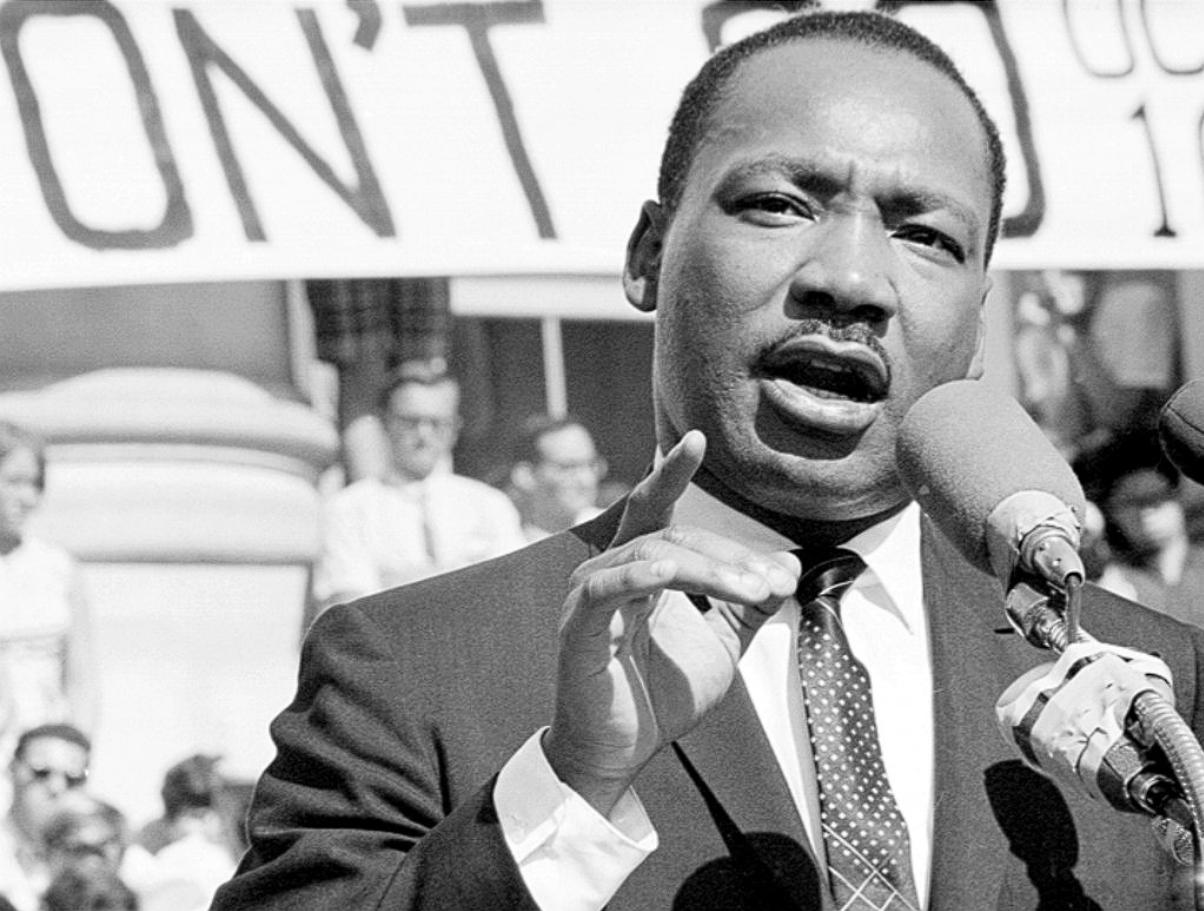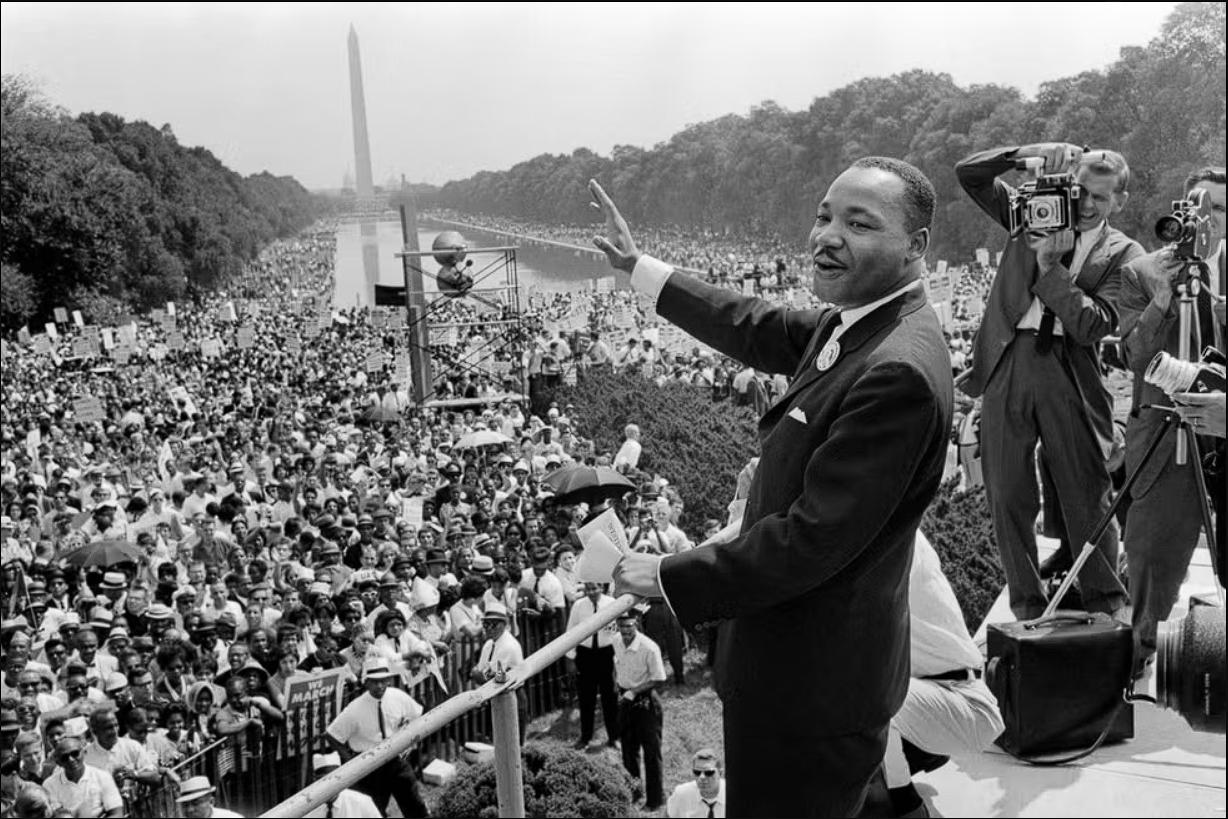Martin Luther King Jr.: The Legacy of a Leader Who Dreamed of Equality and Justice
The Making of a Leader
Martin Luther King Jr. stands as one of the most pivotal figures in the fight for racial equality in the United States. A man who dedicated his life to justice, peace, and love, King’s influence transcended his era, leaving a legacy that continues to inspire people around the world today. Known for his powerful speeches, his commitment to nonviolent protest, and his unshakeable belief in equality, Martin Luther King Jr. became a symbol of hope in the darkest times of racial segregation.
Born on January 15, 1929, in Atlanta, Georgia, King was raised in a time when segregation was an integral part of life for African Americans in the South. His father was a prominent pastor, and his mother was a woman of deep faith, instilling in him a sense of justice and compassion from an early age. It was the combination of his upbringing, his education, and his strong moral compass that led him to embrace the idea of nonviolence and peaceful protest to achieve social change.

A Turning Point: The Montgomery Bus Boycott
In the mid-1950s, when King was thrust into the spotlight during the Montgomery Bus Boycott, the young pastor became the voice of the civil rights movement. The boycott was sparked by Rosa Parks’ courageous act of defying segregation laws by refusing to give up her seat on a bus to a white man. It was a pivotal moment in the fight for civil rights, and King’s leadership during the boycott catapulted him to national attention. His speeches, full of passion and conviction, resonated with people of all races, uniting them in the common cause of justice.
“I Have a Dream”: A Call for a Just Future
One of King’s most famous and impactful speeches, “I Have a Dream,” was delivered on the steps of the Lincoln Memorial during the 1963 March on Washington for Jobs and Freedom. It remains one of the most powerful addresses in American history, calling for an end to racism, poverty, and inequality. In it, King shared his dream of a world where people would not be judged by the color of their skin but by the content of their character. This speech, broadcast to millions, galvanized the civil rights movement and made Martin Luther King Jr. a household name across the globe.
The Struggles of a Hero
However, King’s life was not without struggle and sacrifice. He faced constant threats on his life, was arrested multiple times, and was regularly met with violent opposition. Despite the dangers, he remained committed to his cause of nonviolence, refusing to respond to hate with hate. Instead, he embraced the teachings of Mahatma Gandhi, believing that love and peaceful resistance were the only true ways to bring about change.
Achievements and Unfinished Work
Through his leadership, the Civil Rights Act of 1964 and the Voting Rights Act of 1965 were passed, major milestones in the struggle for equality. These legislative victories would forever alter the course of American history, but King knew that true equality could not be achieved through laws alone. He continued his fight, addressing issues such as poverty and the Vietnam War, advocating for economic justice and global peace.
Yet, the world that King dreamed of would never come to fruition in his lifetime. On April 4, 1968, King was tragically assassinated while standing on the balcony of the Lorraine Motel in Memphis, Tennessee. His death sent shockwaves across the world and left a void in the civil rights movement. Despite the loss, his legacy has endured. The United States has since honored him with a national holiday, and his work continues to inspire activists fighting for social justice around the world.
A Dream That Lives On
King’s dream, however, was not just for a racially integrated America but for a world where love, compassion, and understanding prevail over hatred, violence, and discrimination. His ability to inspire hope in the face of such adversity makes him a timeless symbol of resilience and determination. Even today, King’s message remains relevant as we continue to fight for equality and justice, proving that his dream is not yet over.
